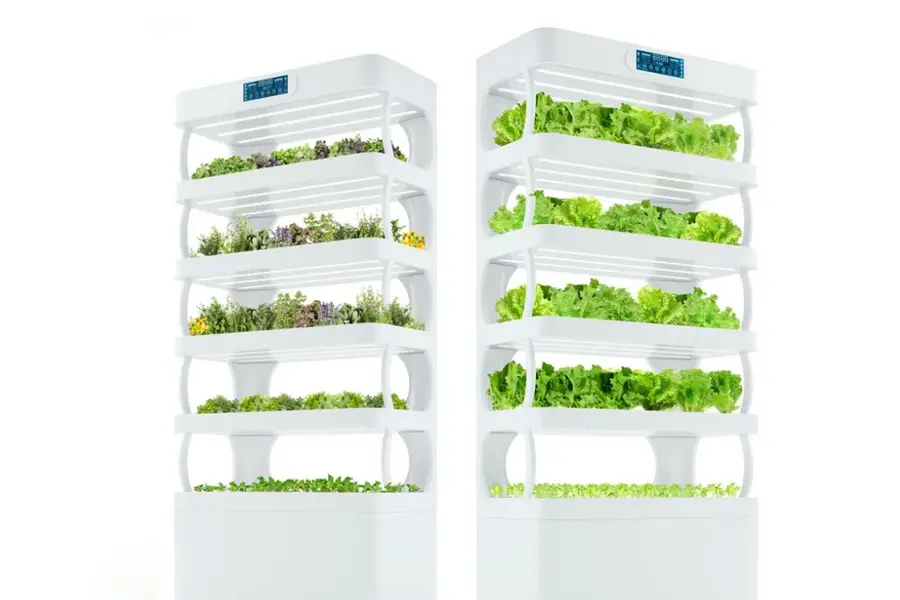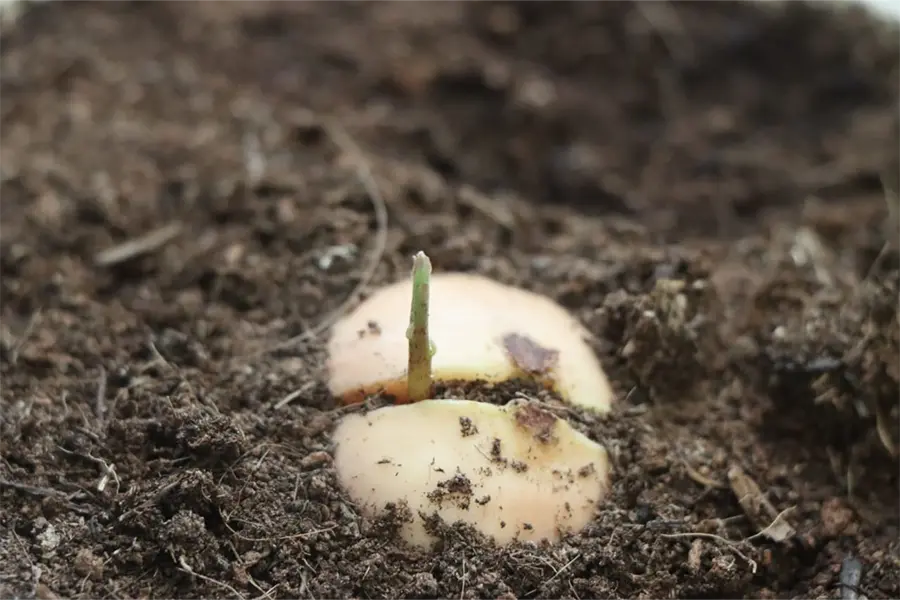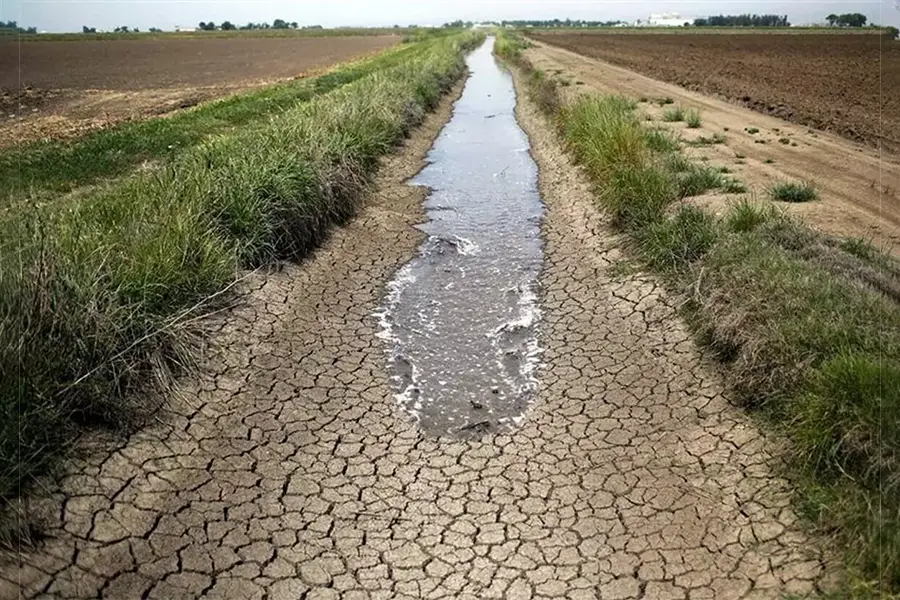In today’s world, where the population is growing rapidly, the demand for food is increasing at an unprecedented rate. Traditional farming methods, while effective in the past, are now struggling to keep up due to challenges like water scarcity, limited arable land, and climate change. This is where hydroponics, a revolutionary agricultural technology, comes into play.
What Is Hydroponics?
Hydroponics is a method of growing plants without soil, using nutrient-rich water instead. This system allows plants to grow faster and healthier as their roots receive a direct supply of essential nutrients, oxygen, and water. By eliminating the need for soil, hydroponics opens up the possibility of growing crops in urban areas, deserts, or even indoors.
Benefits of Hydroponics
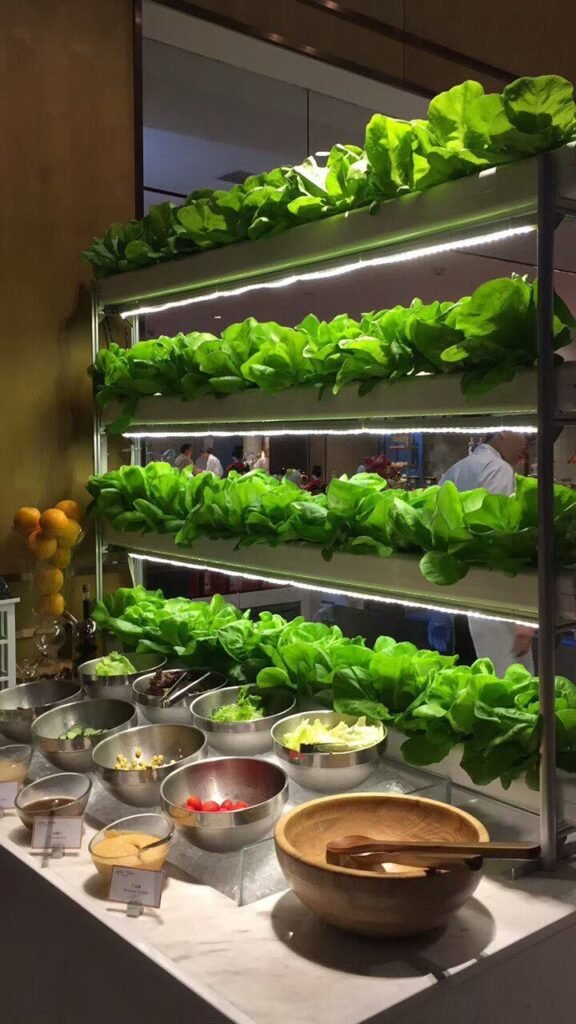
1- Water Efficiency
One of the biggest advantages of hydroponics is its efficient use of water. Unlike traditional farming, where a large amount of water is lost through evaporation or runoff, hydroponics recirculates water in a closed system. This method can save up to 90% more water than conventional agriculture, making it ideal for areas with water shortages.
2- Space-Saving
Hydroponics systems can be set up vertically, making them perfect for urban environments with limited space. This vertical farming approach allows growers to produce more food in smaller areas, maximizing productivity.
3- Fewer Chemicals
Since hydroponic systems are controlled environments, there is less need for pesticides and herbicides. This leads to cleaner, healthier produce that is better for both people and the environment.
4- Faster Growth and Higher Yields
Plants grown hydroponically typically grow 30-50% faster than those grown in soil. Additionally, hydroponic systems often produce higher yields because plants have constant access to nutrients and optimal growing conditions.
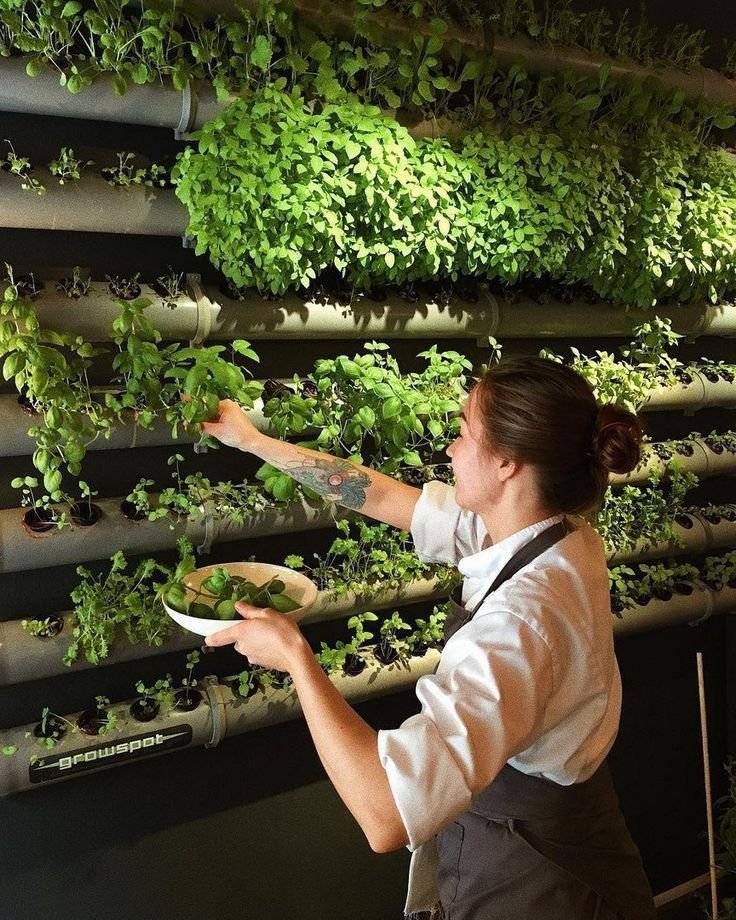
How Hydroponics Supports Sustainability
Hydroponics plays a key role in sustainable agriculture by addressing some of the major challenges in food production. It uses resources like water, space, and energy more efficiently, while reducing the carbon footprint associated with transporting food from rural farms to urban markets. Furthermore, it provides a solution for regions with poor soil quality or extreme weather conditions, ensuring a reliable food supply.
The Future of Hydroponics
As the world moves towards more sustainable practices, hydroponics is gaining attention as a viable alternative to traditional farming. Governments, businesses, and individuals are investing in this technology to create efficient, eco-friendly food production systems. Innovations like automated hydroponic farms and AI-based nutrient monitoring systems are further advancing the potential of this technology.
Why Hydroponics Matters
Hydroponics is not just a trend; it’s a necessity for the future. By growing more food with fewer resources, hydroponics can help solve critical issues like food insecurity, environmental degradation, and water scarcity. It empowers communities to produce their own food locally, reducing dependency on imports and ensuring freshness.
Conclusion
Hydroponics represents a major step forward in sustainable agriculture. By adopting and promoting this innovative method, we can ensure that future generations have access to nutritious food while preserving the planet’s resources. It’s time to embrace hydroponics as a key solution for feeding the world’s growing population.

